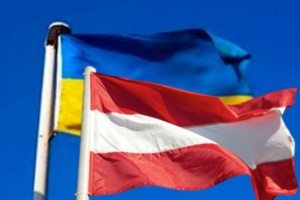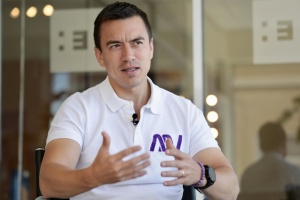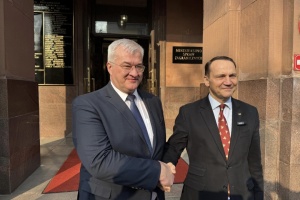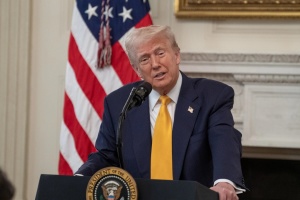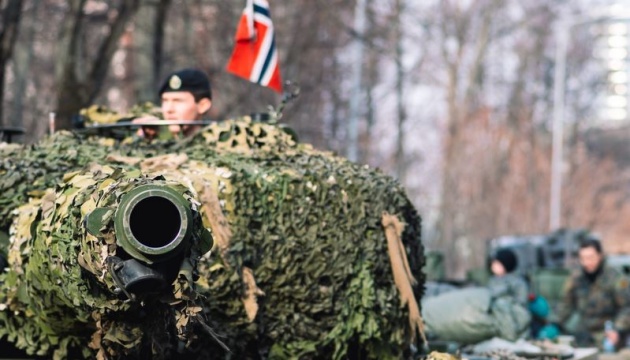
Allies not planning to send troops to Ukraine’s battlefields - Norway's top diplomat
This was stated by Norwegian Foreign Minister Espen Barth Eide, who spoke at a joint press conference with his German counterpart Annalena Baerbock in Berlin on March 14, an Ukrinform correspondent reports.
"I think that it was made very clear by almost all NATO governments after the discussion that came out of the Paris meeting that we are not considering having troops taking part in actually fighting on the ground in Ukraine. This is Ukraine fighting, we support Ukraine’s fight because it is also our fight, but we think there’s also a massive distinction between supporting with arms, training, equipment, and technologies, and being there on the ground ourselves. This is not something that we’re planning to do. There are good reasons not to do that given the nature of this war," Barth Eide emphasized.
At the same time, he emphasized that all countries should do more to support Ukraine to help the nation prevail.
According to the minister, Norway is very "deeply" involved in helping Ukraine at this critical time, remaining among the leaders in terms of aid per capita. Oslo is finalizing discussions on security guarantees for Ukraine and plans to sign a corresponding agreement soon, Barth Eide said. He noted that support to Ukraine should be of a long-term nature – both military and civilian.
In general, Nordic, Scandinavian, and Baltic States are increasing their support, the diplomat noted. In this context, he spoke favorably of the four-year Nansen Program, introduced by Denmark.
NATO has to stand with Ukraine today and in the coming years, the minister believes, adding that no other result is acceptable than Ukraine winning the war, and until that moment, the allies should provide assistance to the nation.
He also noted the importance of supporting Ukraine on the path to the EU and NATO.
On a separate note, the Norwegian minister informed of today’s announcement that his country is increasing defense spending to reach the goal of 2% of GDP.
The two ministers held talks in Berlin. The Ukrainian issue was among those on top agenda.

